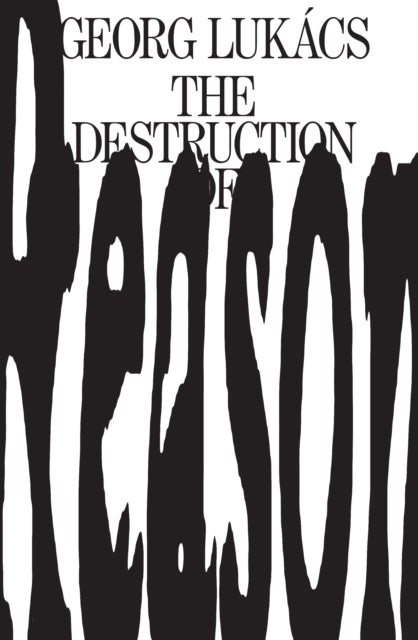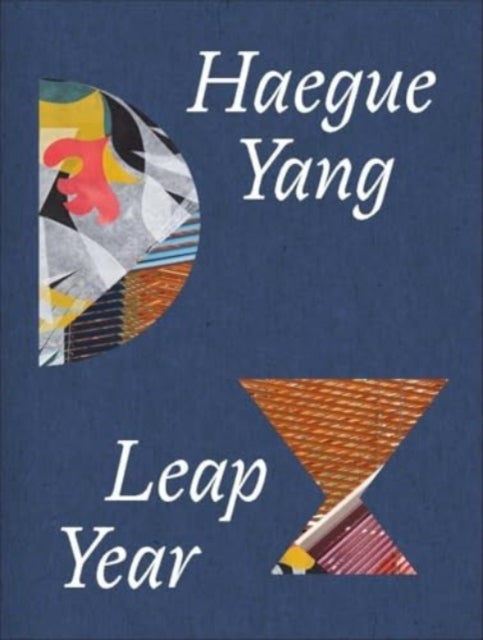
The Destruction of Reason av Georg Lukacs
399,-
<b>How Western philosophy lost its innocence: from Enlightenment to fascism </b><br><br><i>The Destruction of Reason</i> is Georg Lukács’s trenchant criticism of certain strands of philosophy after Marx and the role they played in the rise of National Socialism: ‘Germany’s path to Hitler in the sphere of philosophy,’ as he put it. Starting with the revolutions of 1848, his analysis spans post-Hegelian philosophy and sociology. <br><br>The great pessimist Arthur Schopenhauer, neo-Hegelians such as Leopold von Ranke and Wilhelm Dilthey, and the phenomenologists Edmund Husserl, Karl Jaspers, and Jean-Paul Sartre come in for a share of criticism, but the principal targets are Friedrich Nietzsche and Martin Heidegger. Through these thinkers he shows in an unsparing analysis that, with almost no exceptions, the post-Hegelian tradition prepared the ground for fascist thought.<br><br> Originally published in 1952, the book has been unjustly overlooked despite its








